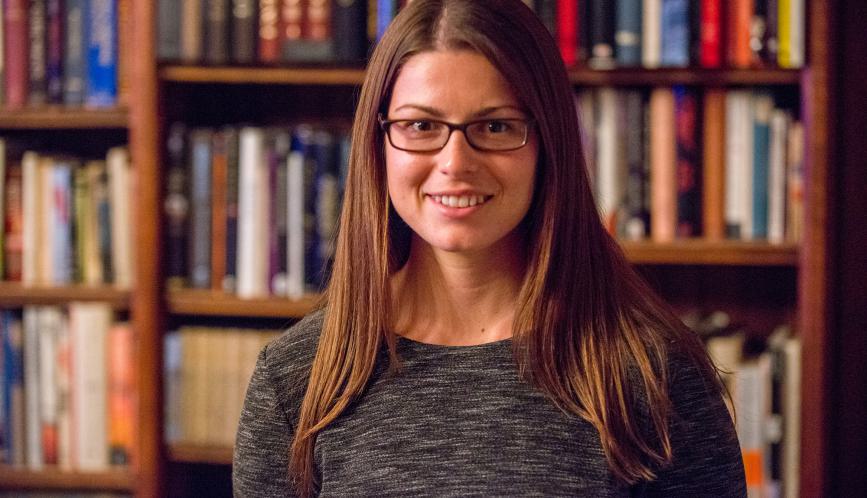Teodora Boneva, a member of the Early Childhood Interventions Network, is a Post-doctoral fellow at the University College London Department of Economics. Her research focuses on the evolution of preferences and skills, and the role of beliefs in educational investment decisions.
Please describe your area of study and how it relates to current policy discussions surrounding inequality?
My research focuses on the formation of preferences and skills in childhood, and the role of beliefs in the skill accumulation process. I’m particularly interested in how interventions, be it in the school or home environment, can promote skill development and improve life outcomes. For example, in recent work with Sule Alan and Seda Ertac, we show that an educational intervention that targets students’ beliefs about the malleability of skills increases students’ propensity to engage in skill accumulating activities and increases skill levels as a result (HCEO Working Paper 2015-009). Such interventions have the potential of narrowing the socio-economic gap in achievement, which emerges very early in life.
What are areas in the study of inequality most in need of new research?
To understand which policies can remedy the adverse effects of poverty, we need to gain a better understanding of how children develop. While there has been a growing interest in child development in recent years, there are many open questions which still need to be addressed. Which interventions are most effective in promoting skill development among disadvantaged groups? What are the mechanisms through which interventions achieve their impacts? And how can we design interventions which are not just effective but also scalable? To answer these questions we do not only need to design and carefully evaluate different interventions, but we also need to develop better tools to measure both cognitive and non-cognitive skills.
What advice do you have for emerging scholars in your field?
I started pursuing this line of research after participating in the Summer School on Socioeconomic Inequality (SSSI 2012), which I can highly recommend to any other early-career researcher. I was particularly impressed by the lectures of James J. Heckman, which motivated me to also pursue research in the field of child development. In general, I would advise emerging scholars to seek out opportunities in which they can be exposed to different researchers and ideas. My work has greatly benefited from discussions with different scholars such as James J. Heckman, Orazio Attanasio, Flavio Cunha, and Armin Falk.



